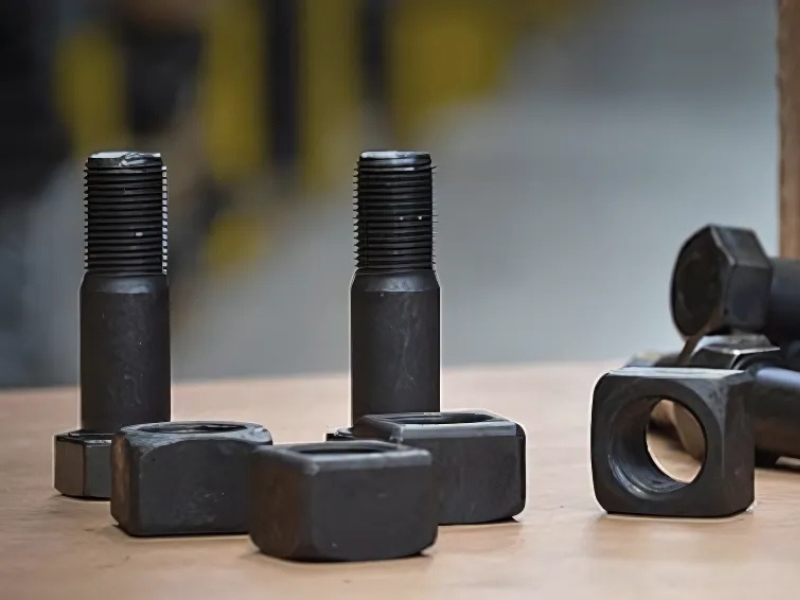
When it comes to heavy-duty machinery, every component plays a crucial role in ensuring strength, safety, and efficiency. Excavators, in particular, are subjected to extreme conditions—ranging from digging into rocky terrain to handling massive loads. One of the most overlooked yet critical components in these machines is excavator bolts. The right grade of bolts not only keeps the assembly intact but also enhances the overall performance and durability of the excavator.
In this blog, we’ll explore why choosing the right grade of excavator bolts is essential, how bolt grades differ, and tips for making the right choice for your assemblies.
Bolts are the unsung heroes of excavator assemblies. They hold together vital parts such as the track chains, sprockets, cutting edges, and bucket teeth. If bolts are of poor quality or not matched to the right grade, it can lead to:
Premature wear and tear of assemblies
Loosening under vibration or heavy loads
Equipment downtime due to frequent maintenance
Safety hazards in critical applications
Given the extreme stresses excavators face daily, investing in the right excavator bolts is not optional—it’s a necessity.
Bolts are categorized by grades, which indicate their strength and material composition. The grade determines how much load a bolt can withstand before failure. Common bolt grades used in excavator assemblies include:
Medium carbon steel, quenched and tempered
Tensile strength: ~800 MPa
Widely used in moderate applications where high strength is required but not extreme
Alloy steel, quenched and tempered
Tensile strength: ~1,040 MPa
Suitable for high-stress points in excavators such as track bolts and cutting edges
Alloy steel, quenched and tempered
Tensile strength: ~1,220 MPa
Used in extremely demanding applications where maximum strength and fatigue resistance are critical
The higher the grade, the stronger the bolt. However, strength isn’t the only factor—toughness, wear resistance, and compatibility with the assembly also matter.
Not all parts of an excavator need the highest-grade bolts. For instance:
Track bolts & sprockets → Grade 10.9 bolts are often recommended for their balance of strength and durability.
Bucket teeth & cutting edges → Higher grades like 12.9 may be necessary due to impact and abrasion.
Cabin or general assembly → Grade 8.8 bolts are usually sufficient.
Excavators encounter fluctuating loads. Understanding whether the application involves static loads (steady pressure) or dynamic loads (shock, vibration, impact) helps in selecting the correct bolt grade.
Moisture, mud, and corrosive environments accelerate bolt wear. Coatings like zinc plating, hot-dip galvanizing, or black oxide can enhance the lifespan of excavator bolts.
Always refer to the excavator manufacturer’s specifications for bolt grades and torque settings. Overlooking these can void warranties and compromise safety.
Bolts in excavators should be inspected regularly. Some high-strength bolts may lose their clamping force after one use, making replacement more reliable than reinstallation.
Using generic bolts: Standard bolts may not meet the required grade for heavy-duty excavator assemblies.
Improper torqueing: Over-tightening or under-tightening reduces bolt life and can cause loosening.
Mixing grades: Using a combination of low- and high-grade bolts in the same assembly leads to uneven stress distribution.
Ignoring coatings: Even high-grade bolts fail prematurely without corrosion protection.
Improved Safety – Prevents accidents caused by bolt failures.
Reduced Downtime – Stronger, durable bolts mean fewer replacements and less downtime.
Longer Equipment Life – Properly fitted bolts protect other parts from unnecessary stress.
Cost Efficiency – While high-grade bolts may cost more initially, they save money by reducing repairs and replacements.
The performance of an excavator is only as strong as its weakest component, and excavator bolts are a critical link in this chain. Selecting the right grade ensures that the machinery can handle heavy loads, withstand harsh environments, and operate safely over the long term.
Whether you are a contractor, equipment manager, or procurement specialist, never compromise on bolt quality. Invest in the right grade, follow proper installation practices, and adhere to maintenance schedules. With the right excavator bolts, your machine can deliver maximum productivity while minimizing risks and costs.
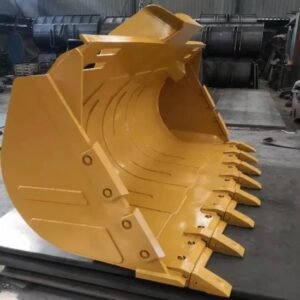
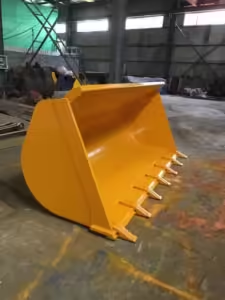
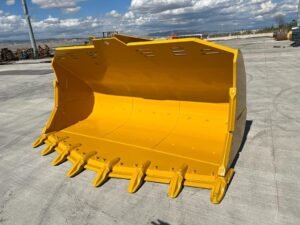
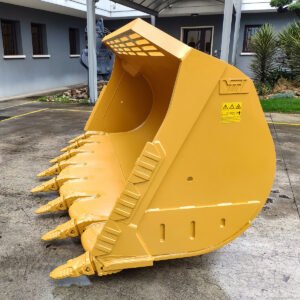
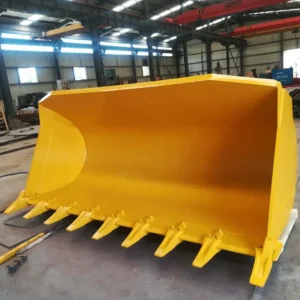
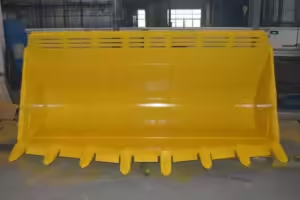
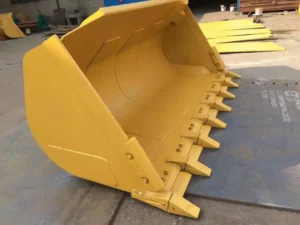
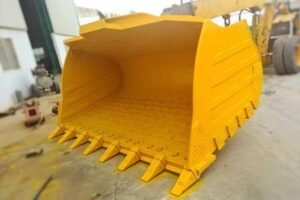
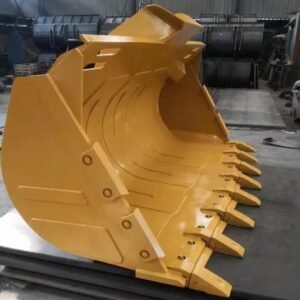
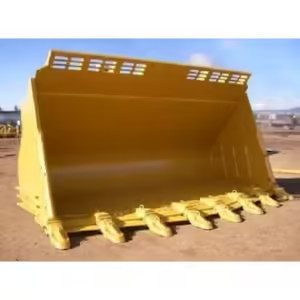
TEAM. All Rights Reserved. Developed by Pixel Tech.